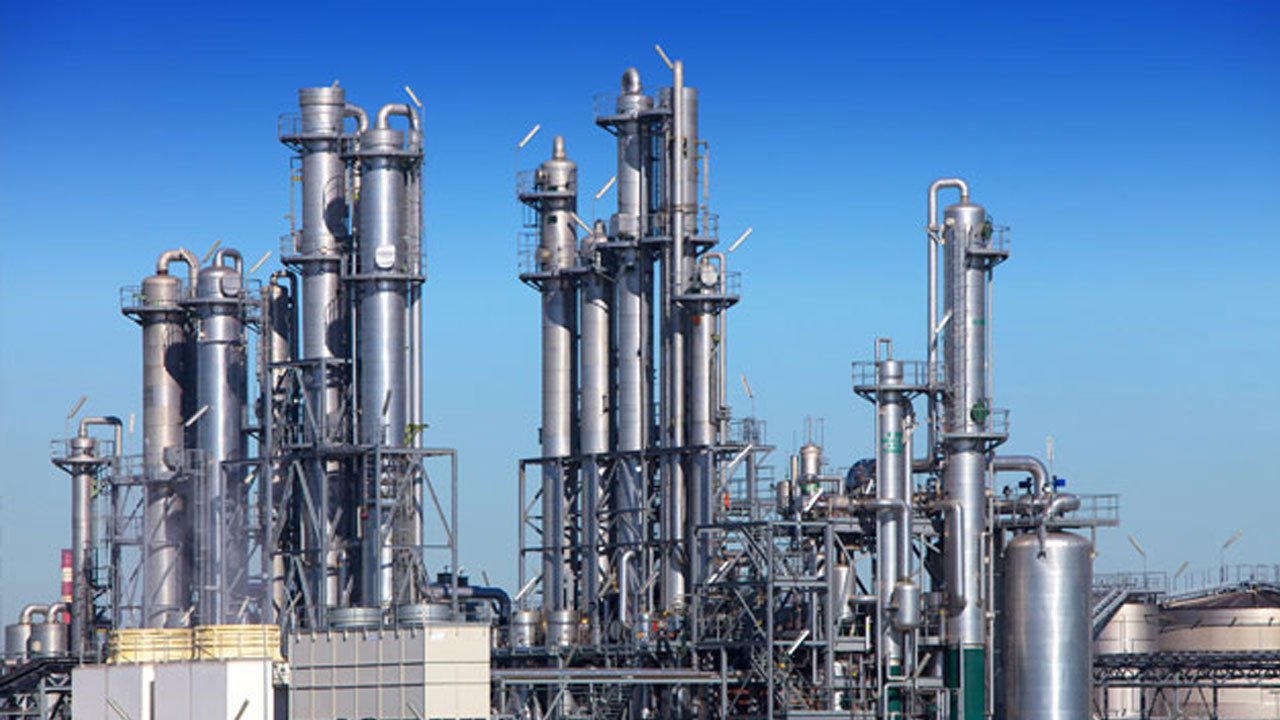The Federal Government has disclosed that it is targeting to stop fuel importation in 2024, adding that the four oil refineries will be operational by the end of next year, with the Port Harcourt plant seen starting as early as December. Last year, the government said the Port Harcourt refinery will start processing crude at the end of 2022. However, successive oil ministers and NNPC Ltd executives have announced a series of unsuccessful plans to restart, revamp or expand the refineries. Port Harcourt and Warri refineries are been repositioned to function optimally. FG clarified that the Port Harcourt refinery would commence operations before the end of 2023, precisely in December, while Warri refinery which is also undergoing rehabilitation would started refining petroleum products by February. It maintained that the December 2023 target for the completion of the rehabilitation of the Port Harcourt refinery remained sacrosanct, expressing satisfaction with the level of work done in the facility.
The Minister of State for Petroleum Resources, Oil, Heineken Lokpobiri, spoke during a working visit to the Port Harcourt Refining Company in Eleme, Rivers State, to inspect the project. Lokpobiri, who was accompanied on the visit by the Minister of State, Gas Resources, Ekperikpe Ekpo, expressed happiness with the level of work done, adding the rehabilitation work which was approved for $1.5 billion when completed by the end of 2023 will refine up to 60,000 barrels of crude per day. He said the essence of the inspection was to ensure the timely rehabilitation of the Port Harcourt Refinery and completion of other refineries in the country at the scheduled dates. Lokpobiri said: “The essence of today’s inspection is to come see the extent of work done at the Port Harcourt Refinery and we are happy with the level of work done here. From what we have seen here, we believe the project will be completed as scheduled. The Port Harcourt Refinery will come on board fully by the end of this year, 2023. Warri will start operating by the first quarter of next year and then, Kaduna will come on stream towards the end of next year.
“The Port Harcourt Refinery when completed is expected to produce about 54 to 60 barrels per day, while Warri refinery when it comes on stream by February, 2024 will produce 75 barrels of oil per day. If we add that to Dangote refinery we will be able to stop fuel importation and Nigeria can now have the benefits of full deregulation. We will be going round all the refineries in the country, from Port Harcourt, we will go to Warri, to Kaduna. We will also go to Dangote refinery to see the level of work there. Our objective is to ensure that in the next few years, Nigeria stops fuel importation and that is why we are here to see the extent of work done, and we are satisfied with what we are seeing here.” Nigerians should expect better supply of fuel and better economy. But I can assure you that Nigeria will have a better deal in this renewed hope Administration of president Bola Ahmed Tinubu.” On his part, the Minister of State, Gas Resources, Ekperikpe Ekpo said, the government is very desperate about gas production and generation of power supply in the country. Ekpo noted that the government is committed to ending gas flaring in the country.
“You know gas is very important and we have it in abundance. so the issue of gathering the gas to generate power supply and other areas that would need gas in the country is very important. The government is very desperate about it as it will bring in foreign investors to invest in the gas sector. With the briefing we have received today, there is hope for Nigeria that gas flaring will stop and gas generation will increase, and with that we will have uninterrupted power supply in the country.” On the government’s policy on Compressed Natural Gas, CNG, implementation for vehicles Ekpo said, “The policy is very simple and we are encouraging investors in that sector so that we have it in abundance, the vehicles will be converted to appreciate the usage of CNG which would be beneficial to all. So, there is desperate and dedicated efforts to make sure gas is available which of course will reduce the cost of gas in the vehicle as well as reducing the cost of using fuel.”

